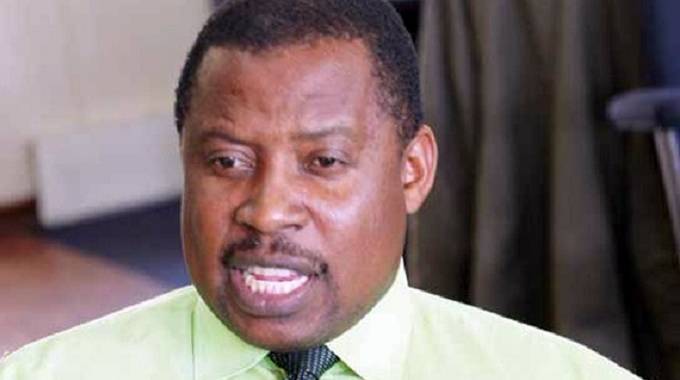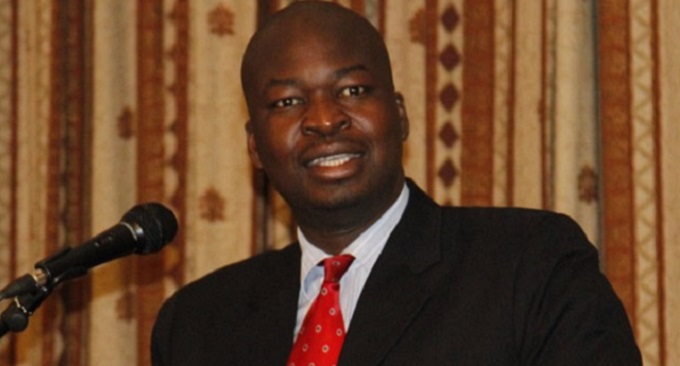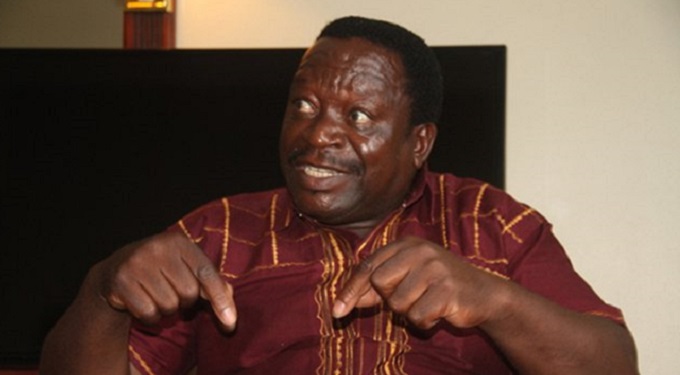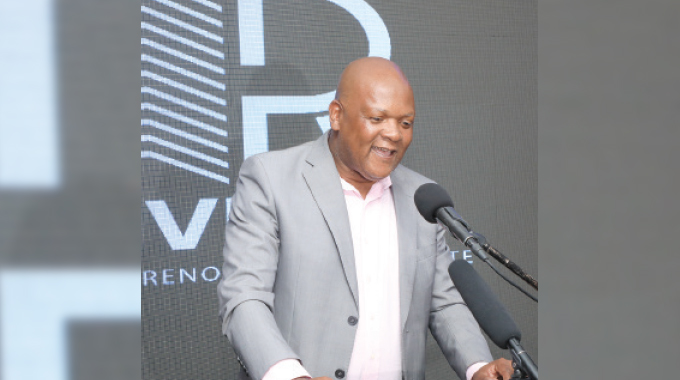2019 budget should prioritise education: Zimta

Tapiwanashe Dumba and Lloyd Mangoh
THE Zimbabwe Teachers Association has urged Treasury to ensure adequate funding of the education sector in its upcoming 2019 budget in line with the goals specified in the Transitional Stabilisation Programme (TSP).
The TSP blue-print views education as a key sector in the revival of the Zimbabwean economy.
Addressing consultative meeting during the International Monetary Fund (IMF) Article IV consultations in Harare, Zimta chief executive officer Mr Sifiso Ndlovu said the 2019 budget outline should speak to United Nations Sustainable Development Goal 4, which promotes inclusive and equitable quality education for all.
He said it was a constitutional and social right to access inclusive and equitable quality education hence it was Government’s responsibility to fund the sector.
“This presentation is premised on the underlying constitutional right to education whose funding is understood to be a Government responsibility and indeed a social right into human development and resource investment opportunities,” he said.
Mr Ndlovu stressed the need to increase educational equity and achieve higher standards, which requires wider stakeholder support.
“This right should be protected by adequate funding that at least reduces or eliminates chances of turning education into a marketable for-profit commodity, from a social good and an essential public service,” he said.
“Today, there is a general consensus that trade union role in economic and social governance should be strengthened. The result would be greater acceptance and therefore more effective implementation of the labour law reforms needed to facilitate this.
“However, the role of national social partners in the market is not defined by the Transitional Stabilisation Programme as an economic governance framework, yet they have a key contribution to make in developing and implementing the stated recommendations.”
Mr Ndlovu also said that the 2019 budget statement must make teaching profession more attractive by offering good working conditions, social security arrangements like housing, transport and retention incentives, sector specific allowances as a way to boost teacher confidence and trust.
“Salaries and conditions of service are two most crucial factors linked to teachers, occupational status and personal self-esteem. It has been proven that improvement or decline in salaries and working conditions has a proportionate impact on teacher status,” said Mr Ndlovu.
On the issue of the huge student teacher ratio, Mr Ndlovu advised Government to unfreeze teacher recruitment to address the problem.
“The 2019 budget should provide for hiring of educators so as to improve teacher/pupil ratio. The freeze on teacher recruitment has resulted in overblown learner numbers per class thereby compromising on quality of education and also teacher burnout as a result of work overload. Some classes are as huge as 80 pupils,” he said.
As part of its administrative framework recommendations, Mr Ndlovu said establishment of the Teaching Professions Council (TPC) was long overdue.
He also urged Government to create a universal pool of receipts from school fees to ensure that disadvantaged rural schools develop at the same rate with urban schools.
“The Education Act will need amendments to align it to the Constitution and provide for establishment of the fund,” said Mr Ndlovu.











Comments